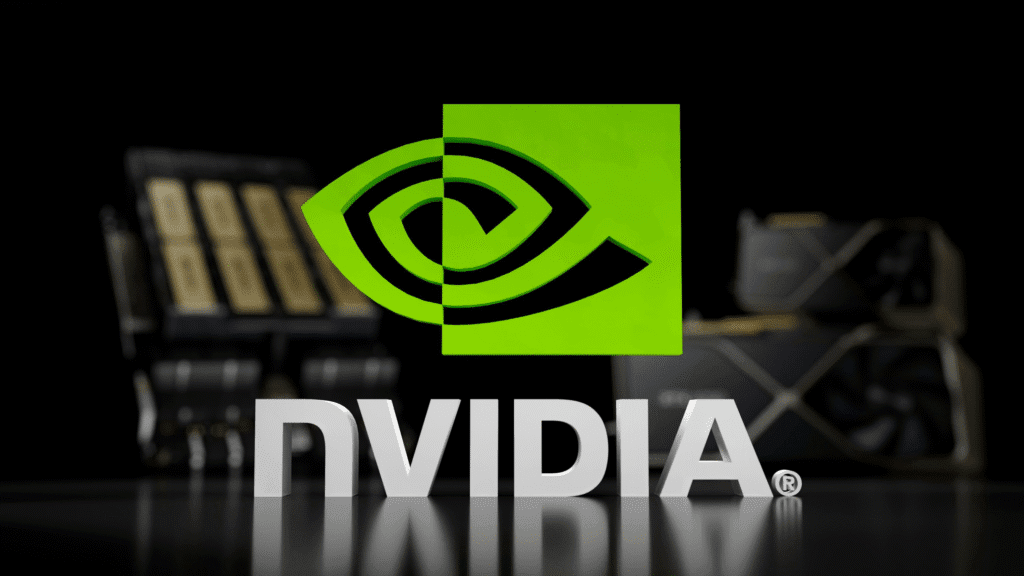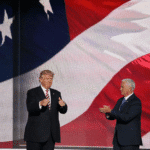A big tech company that makes powerful computer chips has decided to change one of its products so it can still sell it in China. The U.S. government had put new rules in place that stopped the original version of the chip from being sold there. The company is now working on a weaker version of the chip, which it hopes to release by July.
The chip, called the H20, was supposed to be one of the strongest artificial intelligence chips sold in China. But last month, U.S. officials told the company that they would need special permission to sell it. Since getting that permission would be difficult, the company decided to make changes to the chip instead. This way, it can still sell it in China without breaking any rules.
The new version of the chip will not be as powerful as the original one. Some of its features, like memory capacity, will be reduced. This means it won’t work as fast or as well as before, but it will still be useful for many companies in China. Some customers might even try to adjust the chip’s settings to make it perform better, but the company itself is not encouraging this.
China is a very important market for this tech company. Last year, it made about $17 billion from sales in China, which is a big part of its total earnings. The leader of the company even visited China recently to talk to officials and business leaders. He told them that China is still a key place for their business, even with the new U.S. rules.
The U.S. has been trying to limit the sale of advanced chips to China for a few years now. They worry that these chips could be used for military purposes. Because of this, the company had already created the H20 chip last year to meet earlier restrictions. But now, even that chip was blocked, forcing them to make more changes.

Many big Chinese tech companies, including those that run cloud computing services and popular apps, had been buying the H20 chip. They needed it to power their AI projects, especially since there is a growing demand for smart and affordable AI tools. Now, they will have to wait for the new, weaker version of the chip to arrive.
The company has not officially commented on this situation, and U.S. authorities have also stayed quiet for now. But it’s clear that the tech world is caught in the middle of a bigger struggle between the U.S. and China over technology and trade.
For now, the Nvidia company is doing what it can to keep its business in China alive. By adjusting its products to fit the rules, it hopes to stay in the market without upsetting the U.S. government. But with technology changing so fast, and new rules always possible, the future remains uncertain.
This situation shows how complicated the tech industry can be, especially when politics gets involved. Companies have to balance between following laws and keeping their customers happy. In this case, the company is trying to find a middle ground—making a chip that is good enough for China but not so advanced that it breaks U.S. rules.
For people who follow tech news, this is an important story because it affects how AI technology develops in different parts of the world. If China can’t get the strongest chips, its companies might have to find other ways to build powerful AI systems. Some might even try to make their own chips instead of relying on foreign ones.
In the end, this is just one example of how global politics can change the way technology is made and sold. As rules keep shifting, companies will have to keep adapting—and customers will have to wait and see what happens next.
The tech world moves fast, and this story is still developing. But one thing is clear: the battle over chips and AI is far from over. Whether this new version of the H20 chip will be enough to satisfy both U.S. regulators and Chinese buyers remains to be seen. For now, all eyes are on July, when the company plans to release its modified chip and see how the market reacts.
This whole situation also raises bigger questions about the future of technology. Will countries keep putting up more barriers, making it harder for tech companies to sell their products worldwide? Or will they find ways to work together, so that new inventions can benefit everyone? Only time will tell, but for now, the competition—and the challenges—are only getting tougher.
For students learning about technology and business, this is a great example of how real-world decisions are made. Companies don’t just think about making the best products—they also have to think about laws, politics, and what different countries will allow. It’s a tricky balance, and one that will shape the future of tech in the years to come.
As we watch this story unfold, one thing is certain: the world of computer chips and artificial intelligence is more than just science and engineering. It’s also about rules, money, and power. And that makes it one of the most interesting and important industries in the world today.


